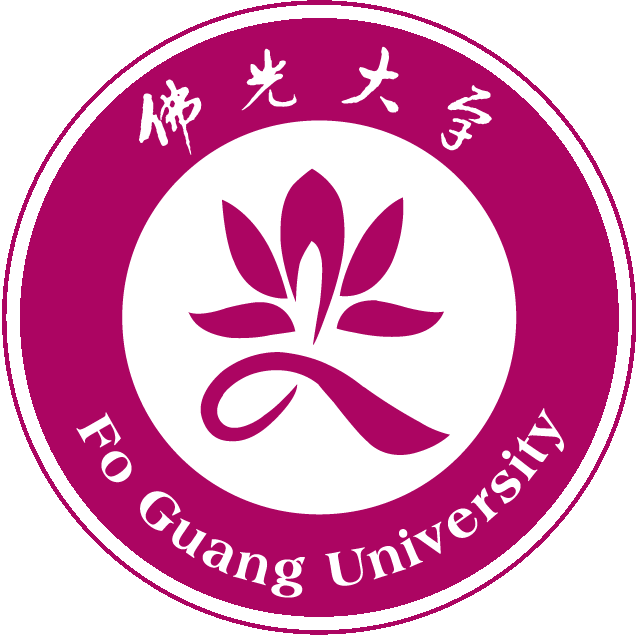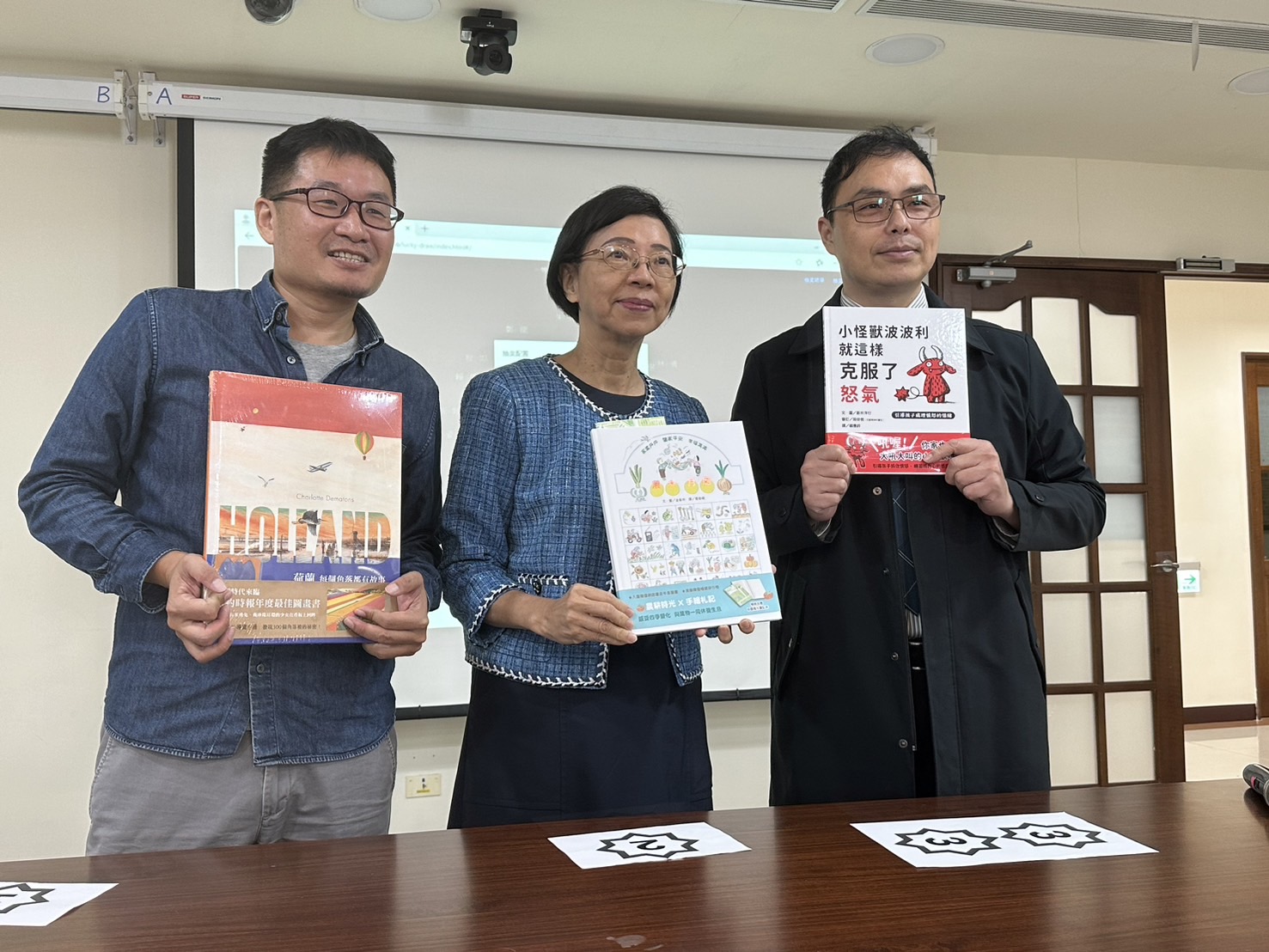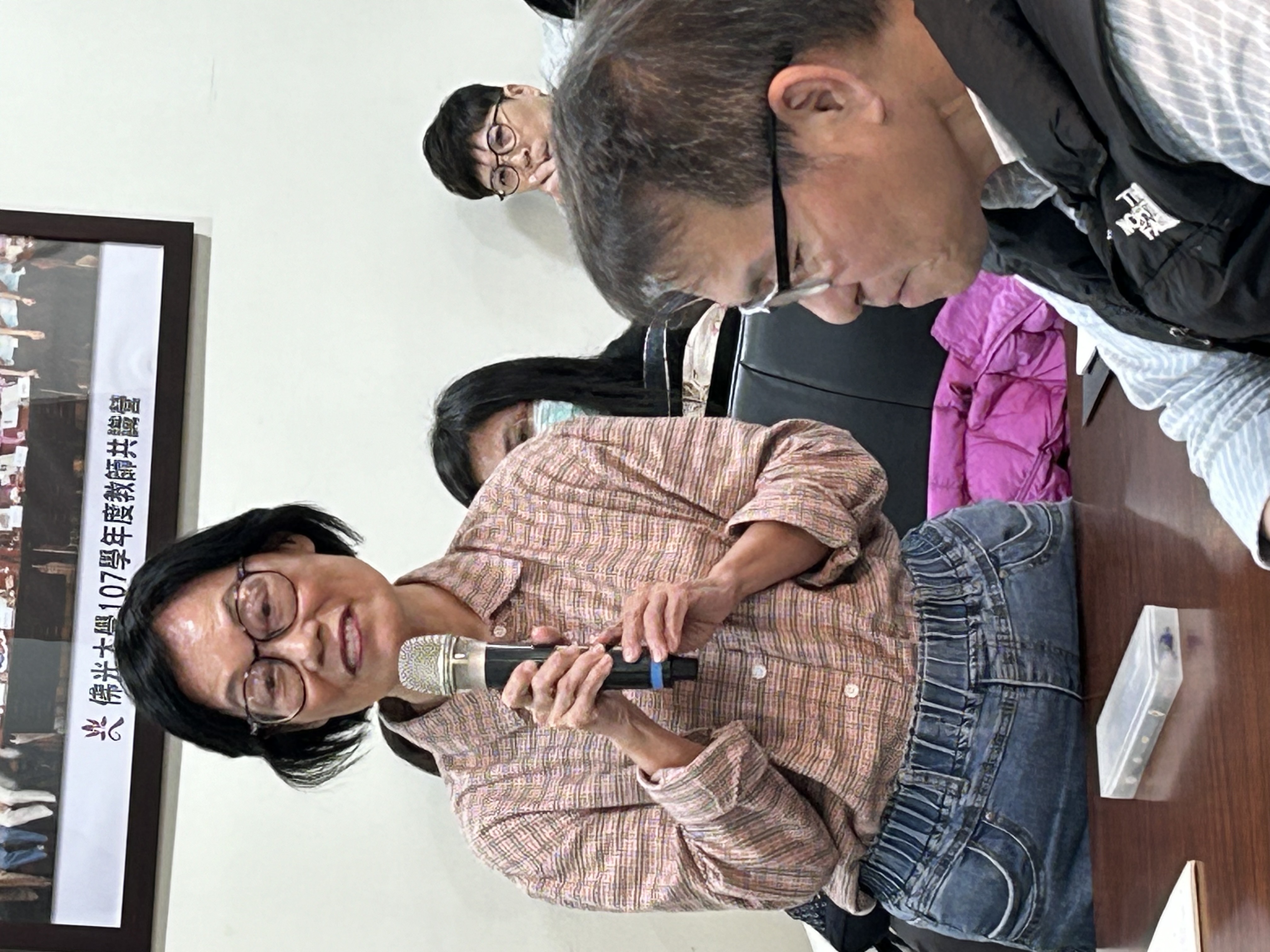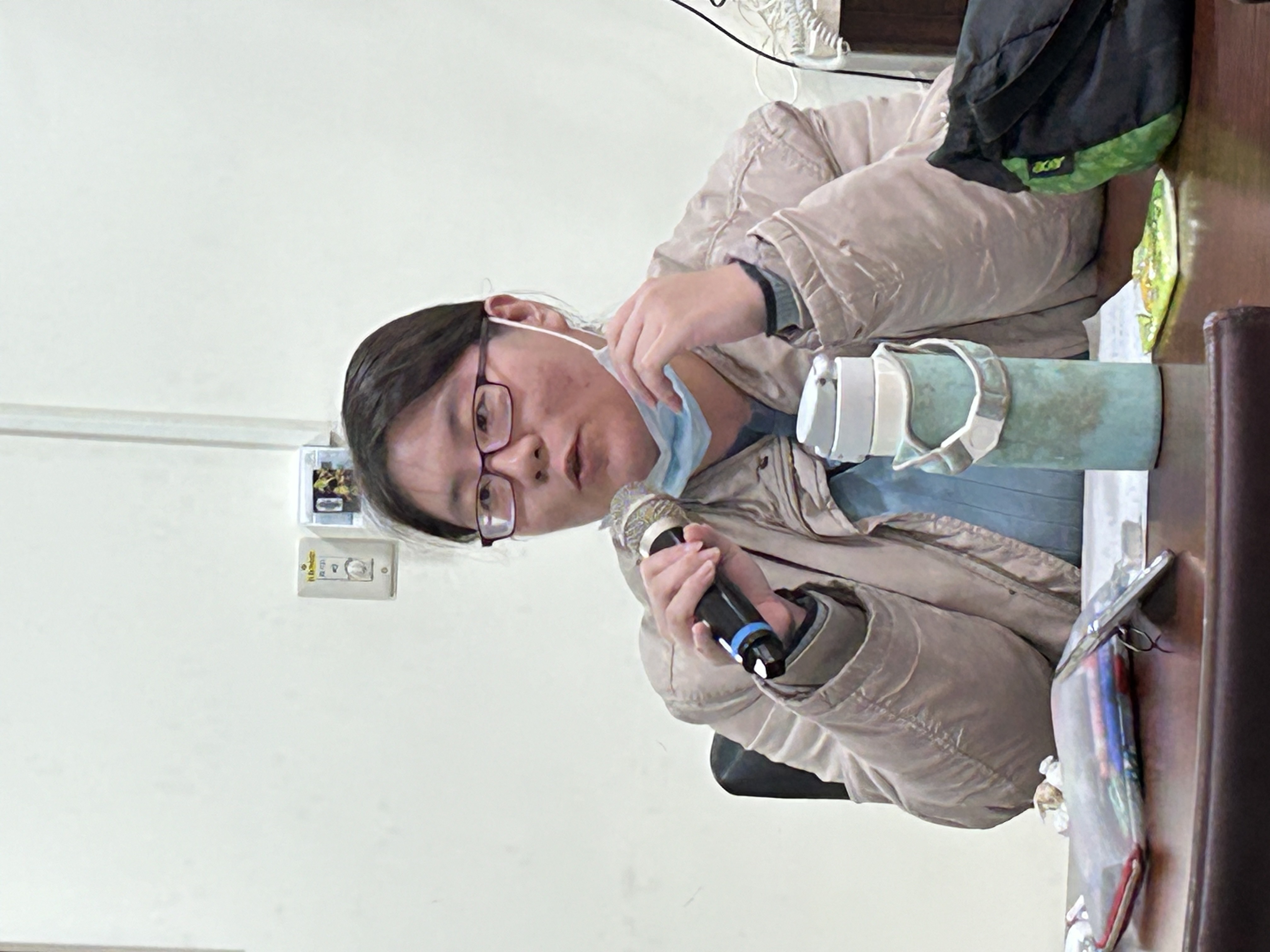The lecture received an enthusiastic response, with active participation from faculty and students. The session was jointly hosted by Dr. Tseng Shu-Hsien, Director of the Digital Humanities Research and Development Center, and Dr. Chien Wen-Chih, Chair of the Department of Chinese Literature and Application. The venue was filled to capacity, buzzing with a lively atmosphere and attendees anticipating the engaging insights to come.
Drawing on over two decades of editorial expertise, Liu Wei-Chung shared his experiences in the publishing industry with humor and candor, offering a glimpse into the rewards and challenges of his career. He focused on three core elements of creating impactful picture books: selection, editing, and packaging. Liu highlighted the importance of balancing artistic vision with market dynamics, demonstrating how creativity and commerce can work in harmony.
When discussing the process of editing a picture book that deeply resonates with readers, Liu distilled his approach into three key steps:
1.Select a story that truly moves you.
2.Ensure the editing process enhances, rather than diminishes, the original work.
3.Find ways to convey your emotional connection to readers.
His clear and practical advice left the audience inspired and equipped with valuable takeaways.
The session concluded with an engaging Q&A segment. Esteemed faculty members, including Professor Tian Yun-Liang from the Department of Chinese Literature and Applications and renowned children’s literature scholar Professor Lee Ming-Tzu from the Center of General Education, engaged in a meaningful dialogue with Liu. Undergraduate students from the Chinese Literature Department posed thoughtful and incisive questions, impressing attendees with their intellectual depth and precision.
Guests praised the students’ intellectual curiosity and eloquence, underscoring the university’s commitment to fostering academic excellence and broad perspectives. The event highlighted Fo Guang University’s dedication to meaningful education and its pivotal role in advancing literary and cultural discourse.
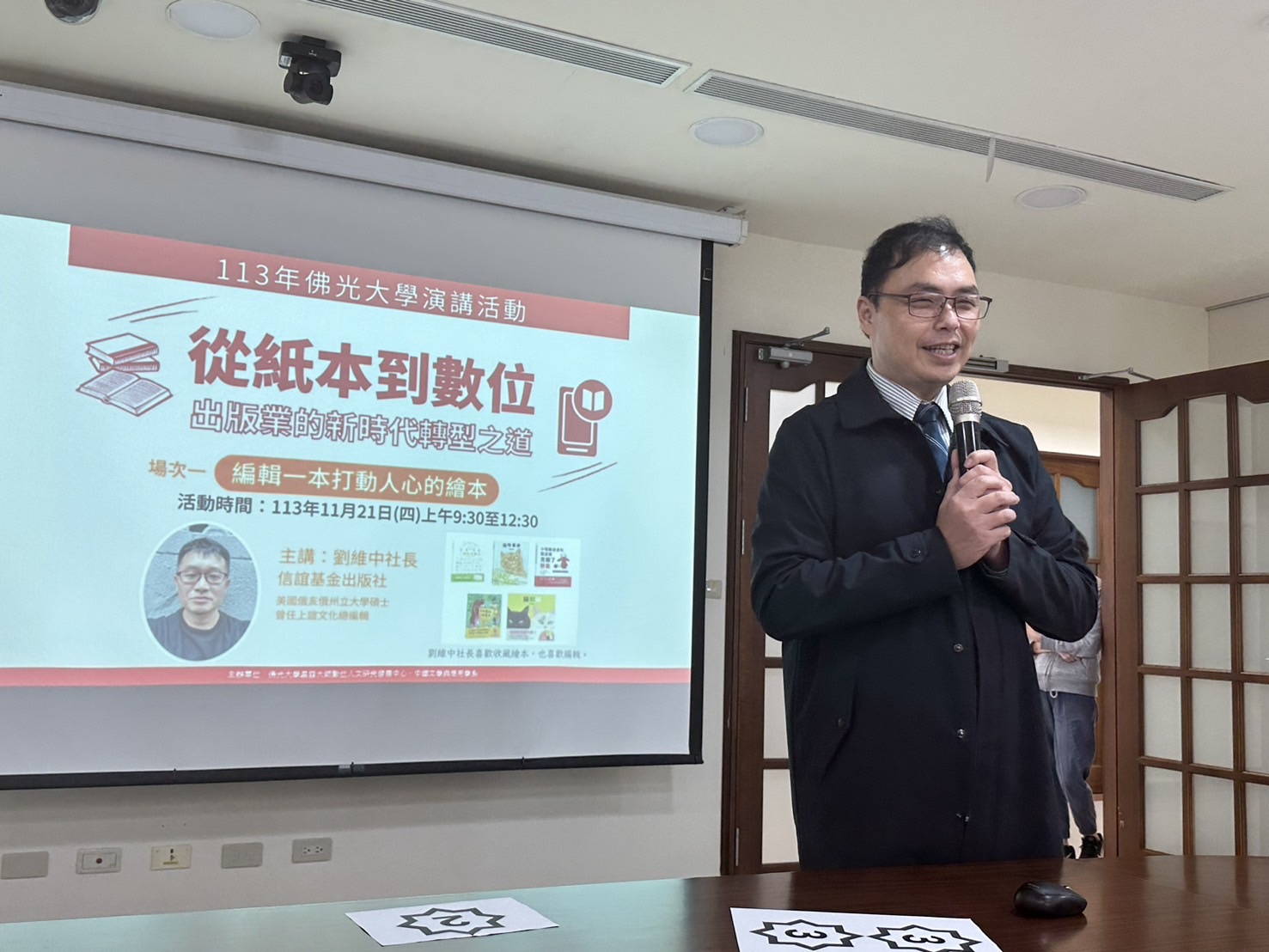 |
|
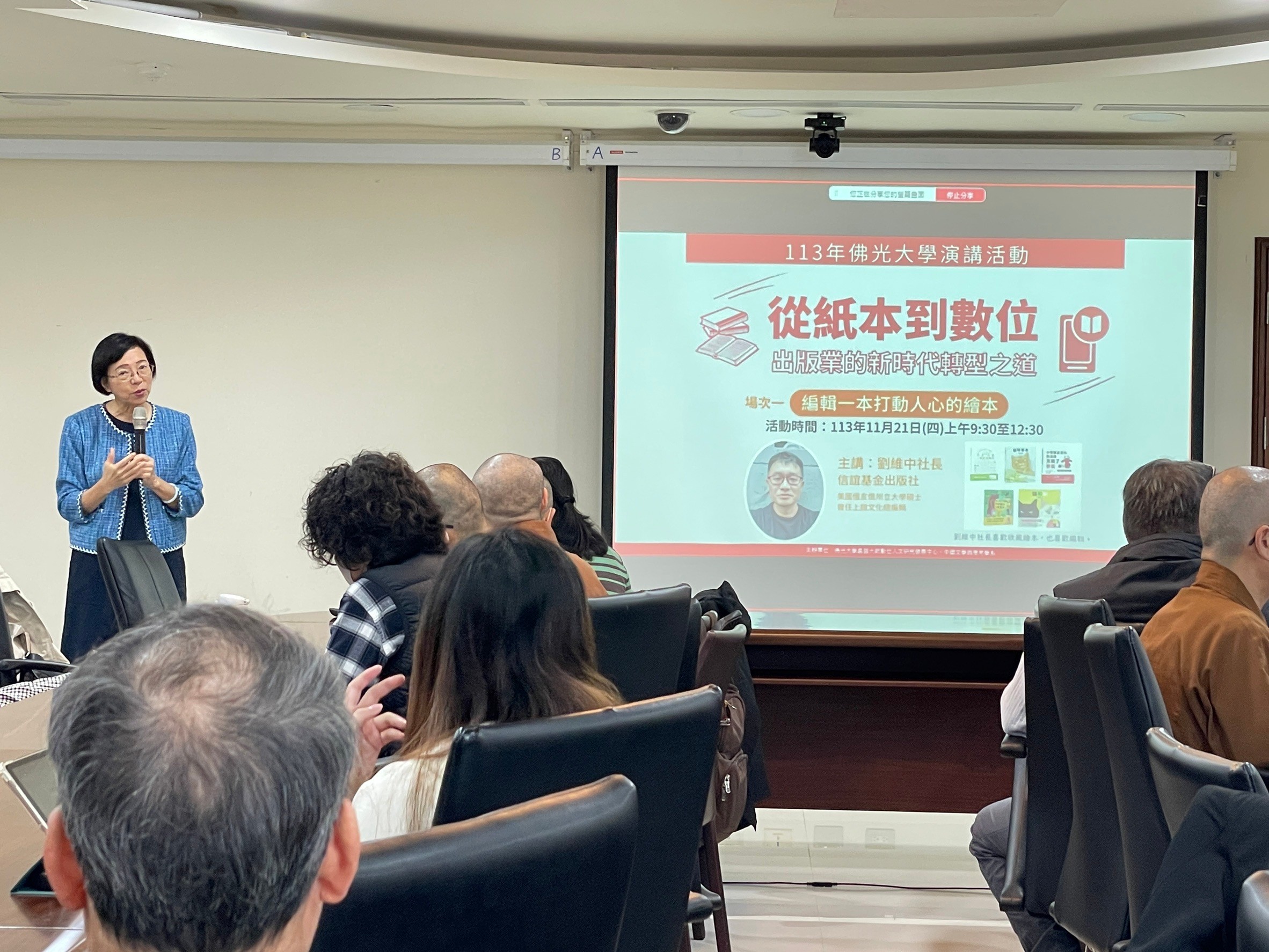 |
|
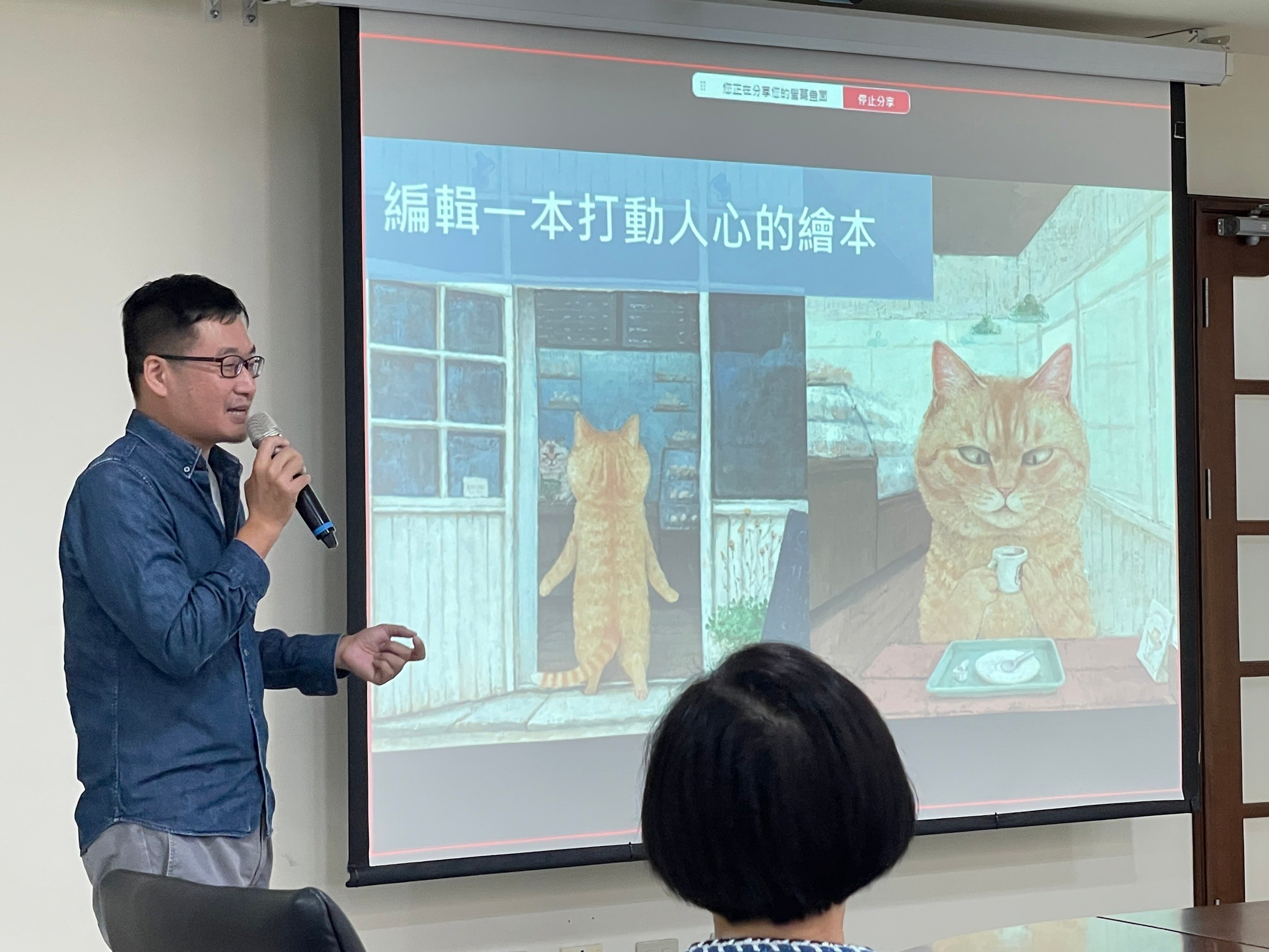 |
|
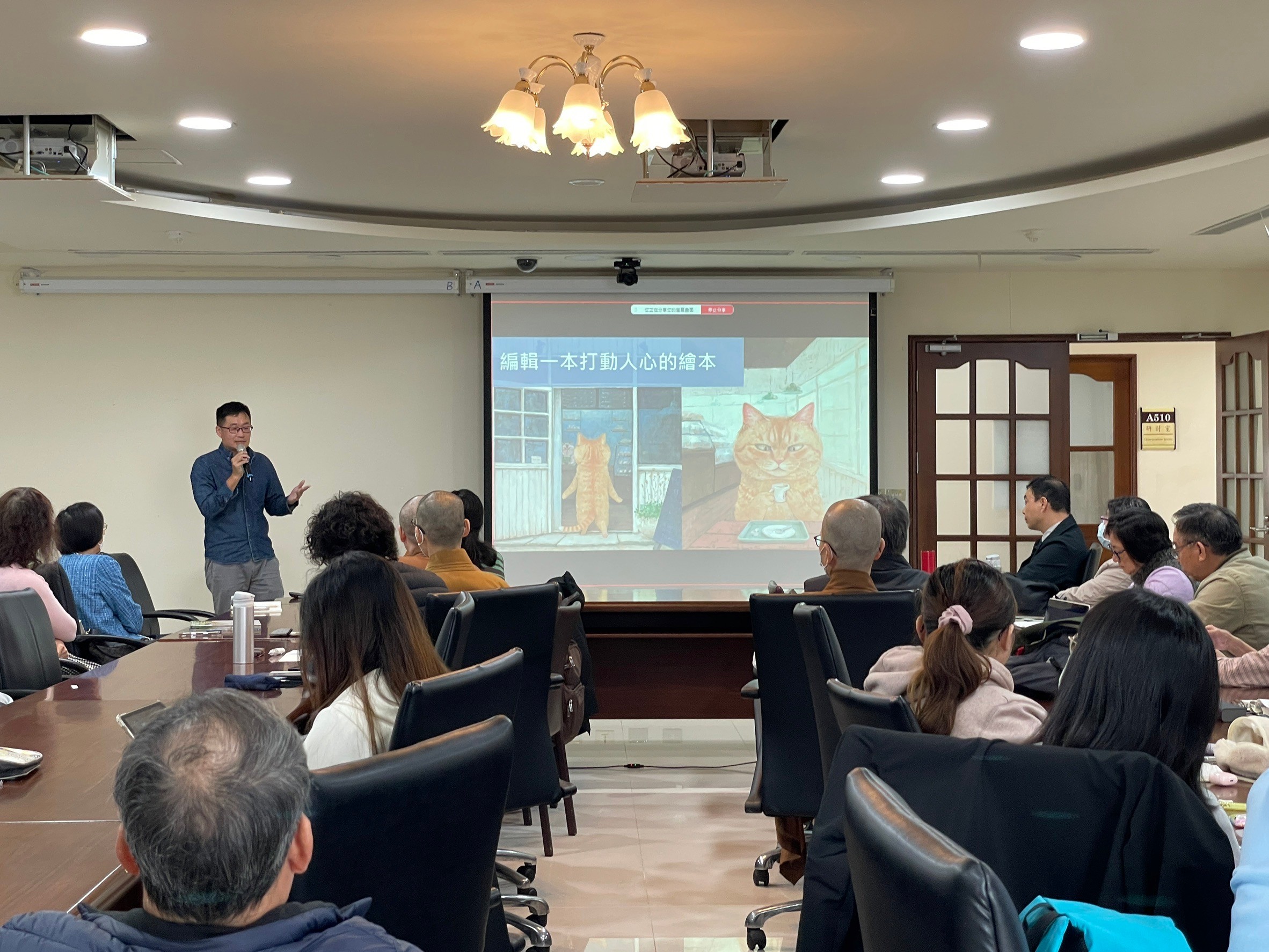 |
|
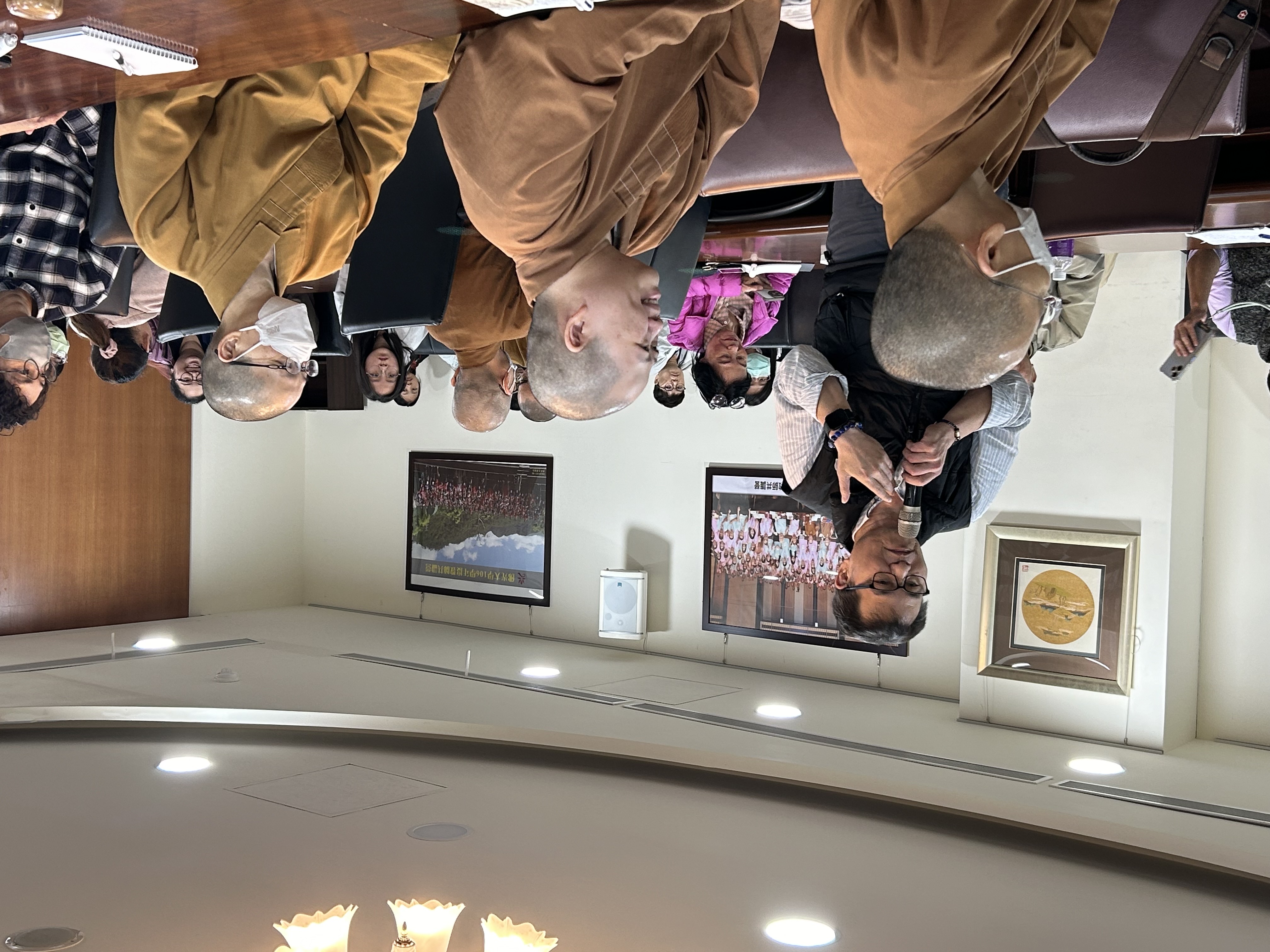 |
|
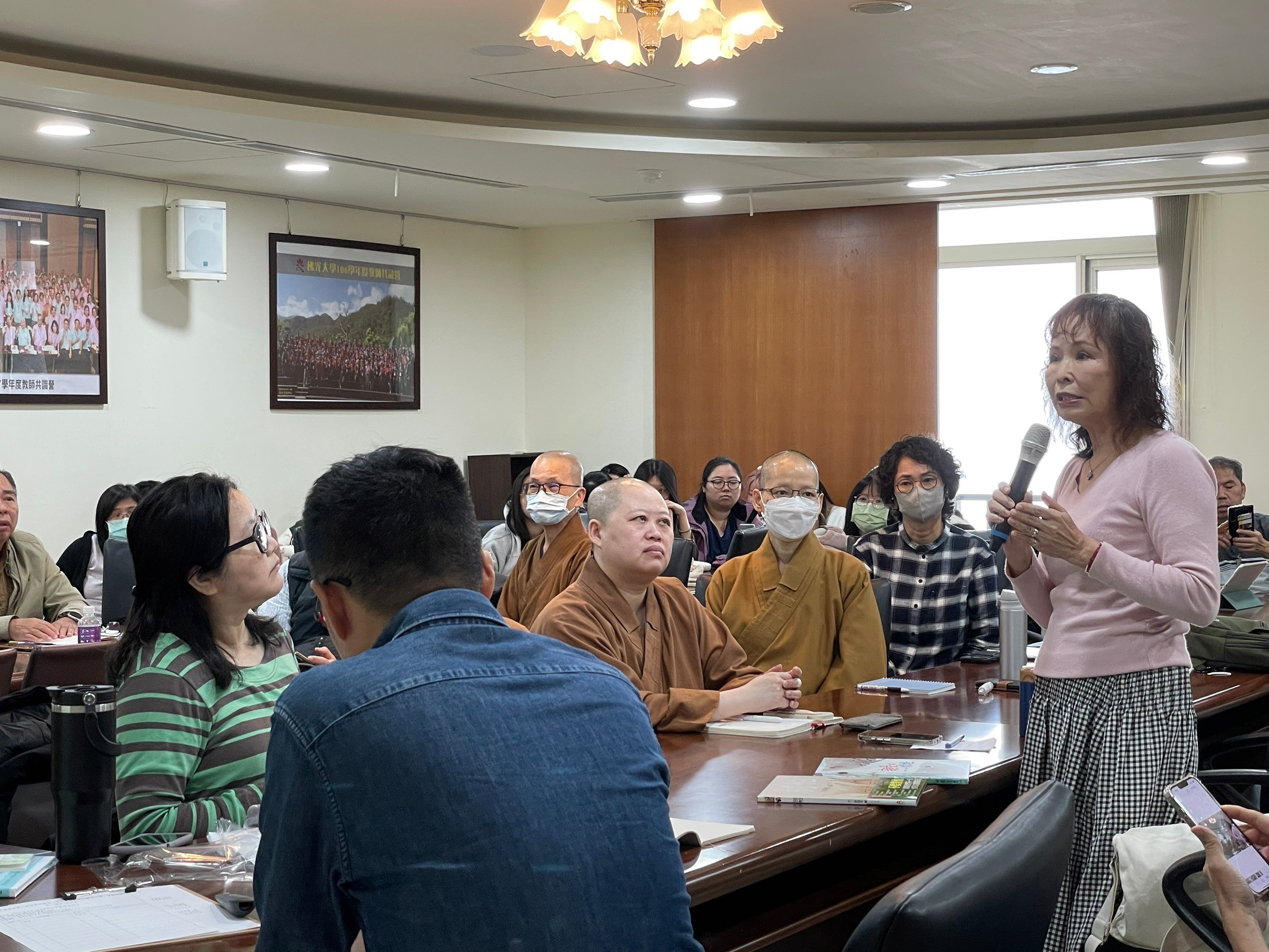 |
|
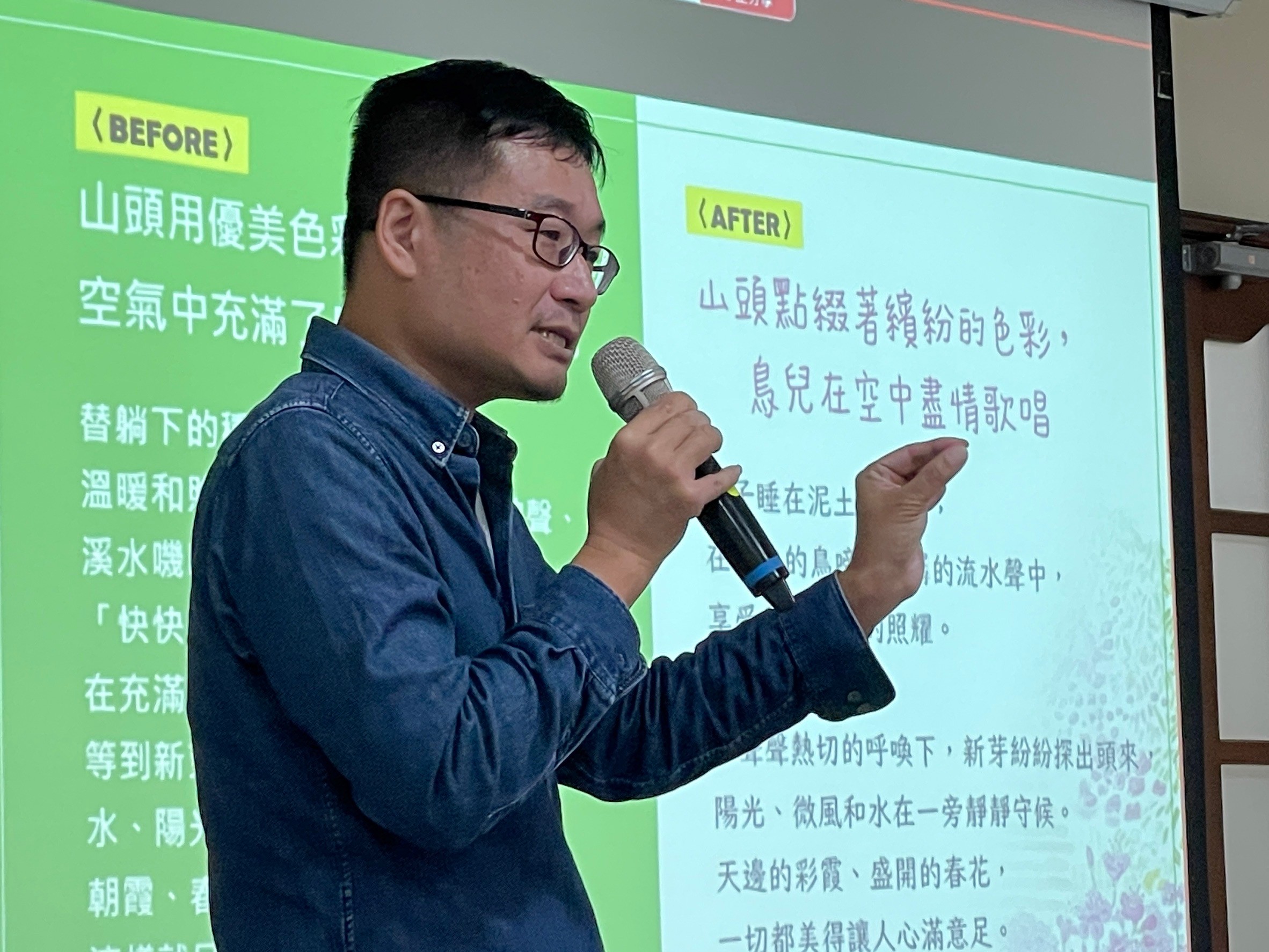 |
|
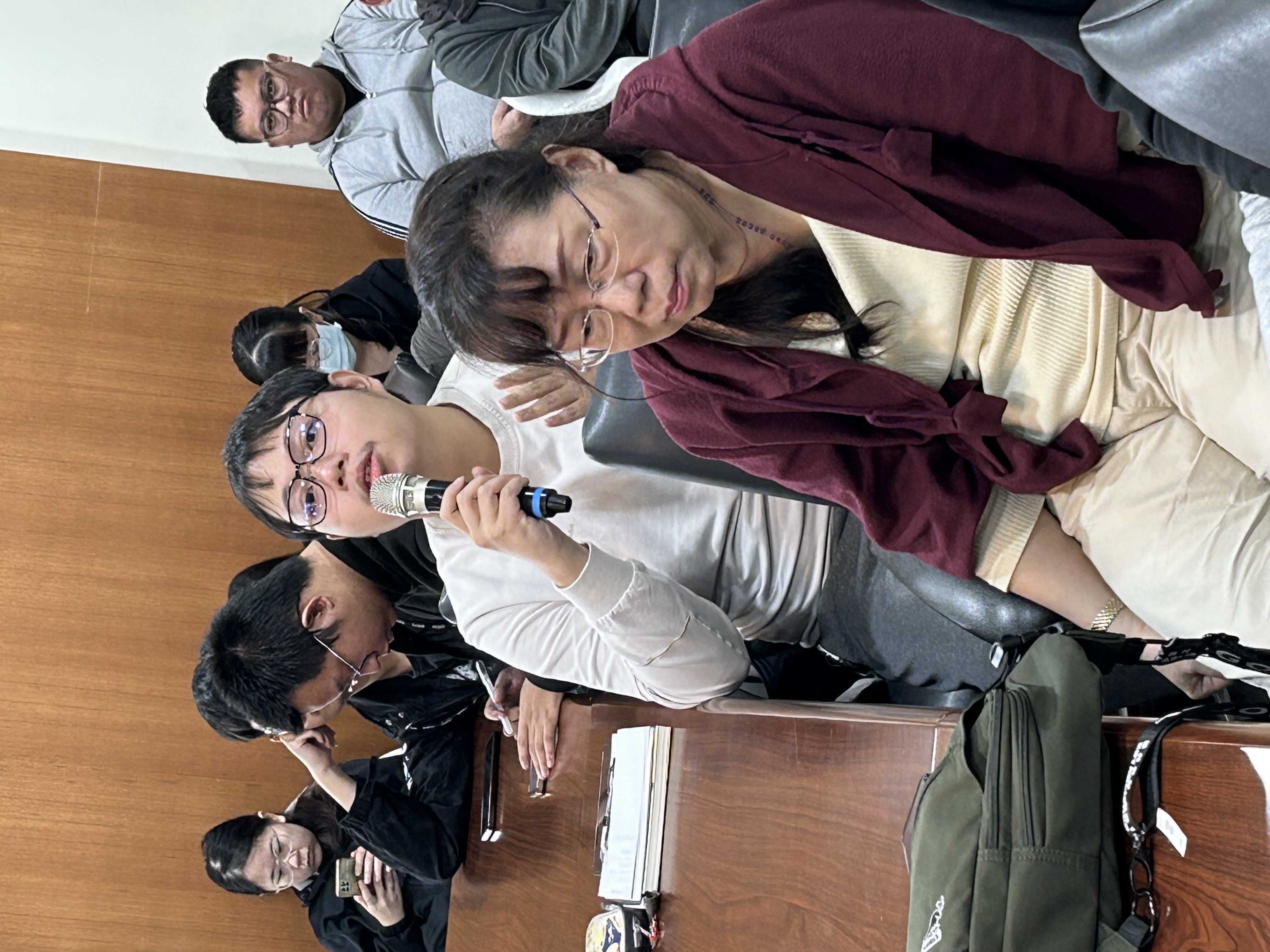 |
|
|
|
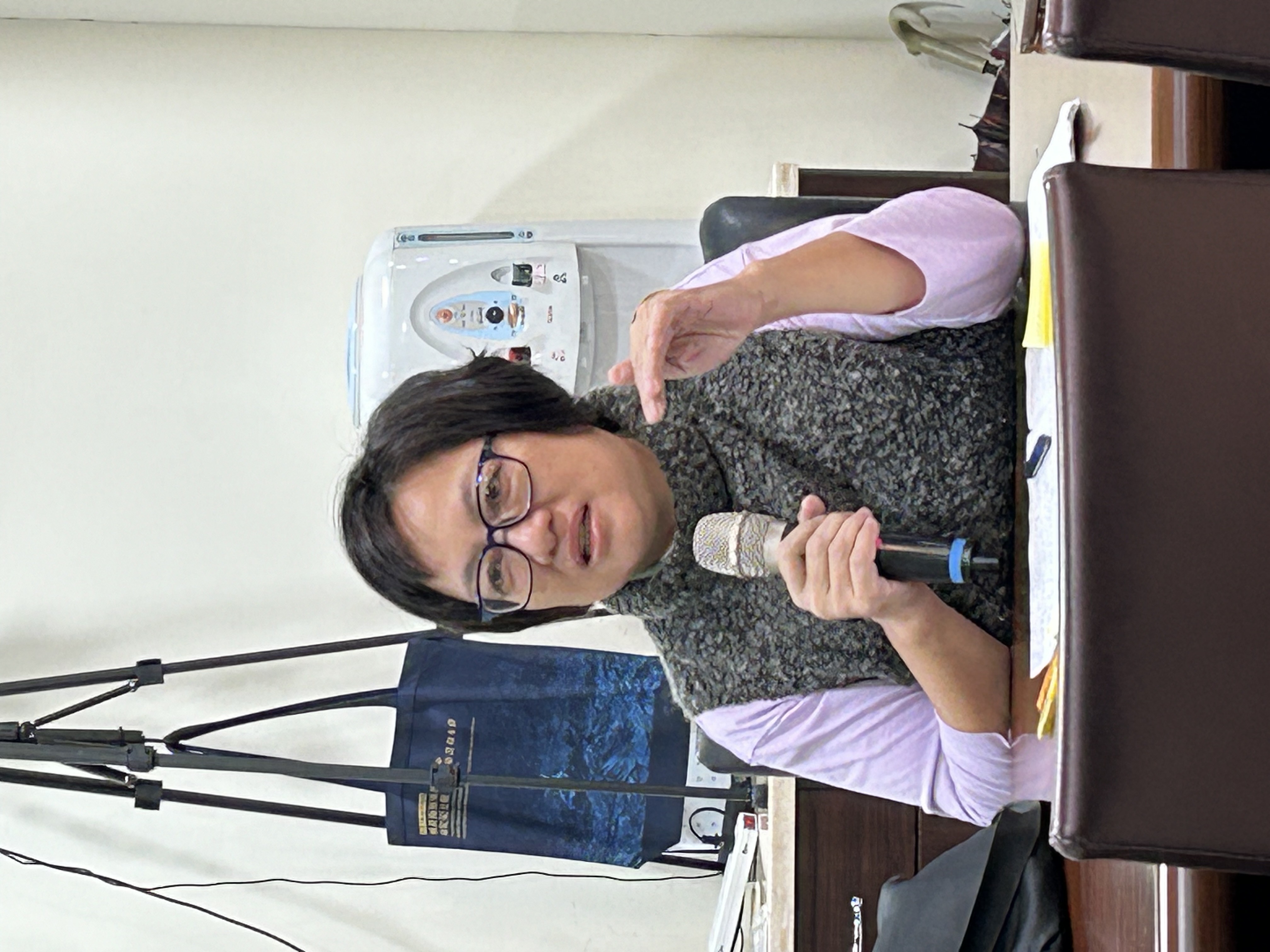 |
|
|
|
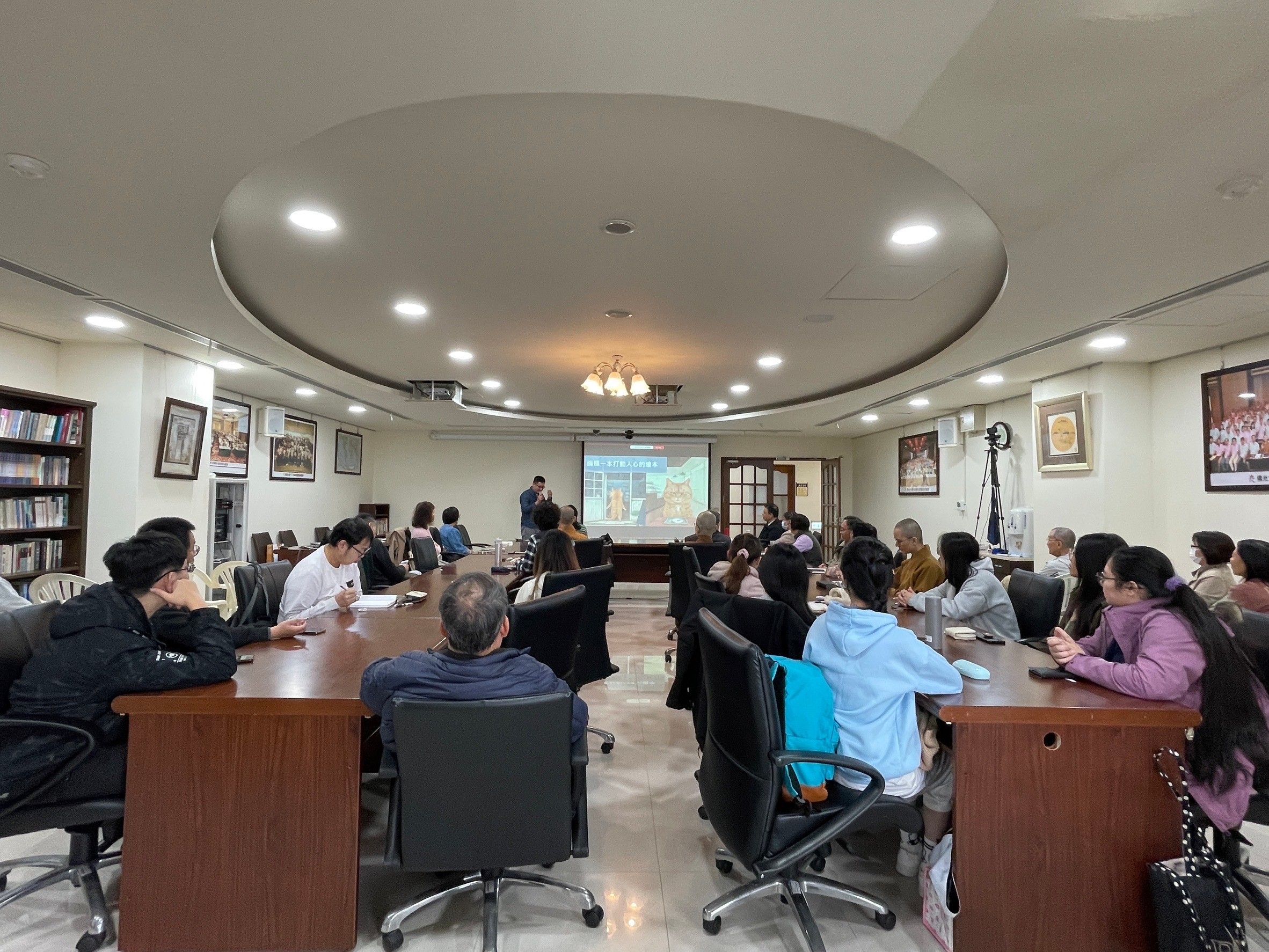 |
|
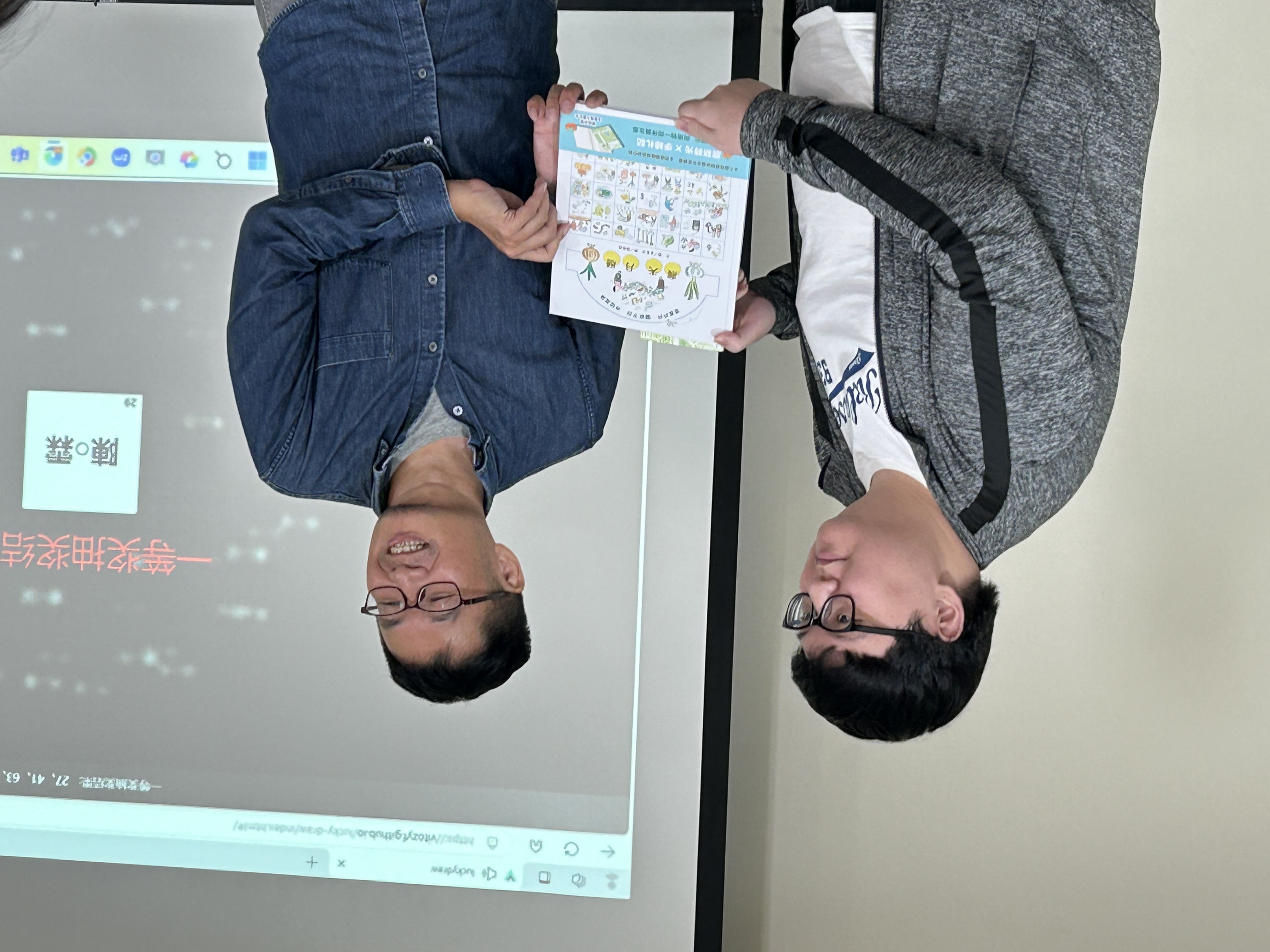 |
|
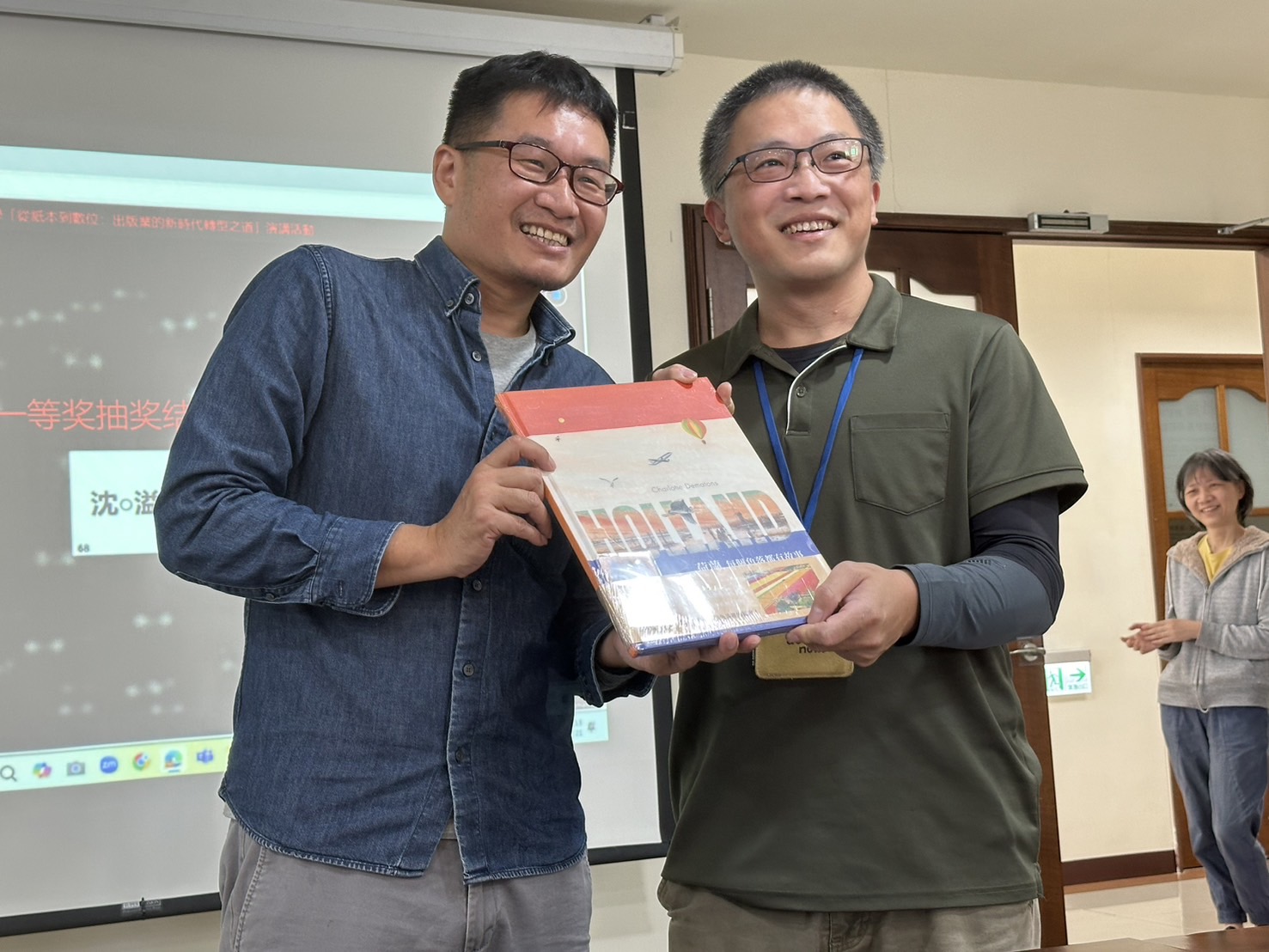 |
|
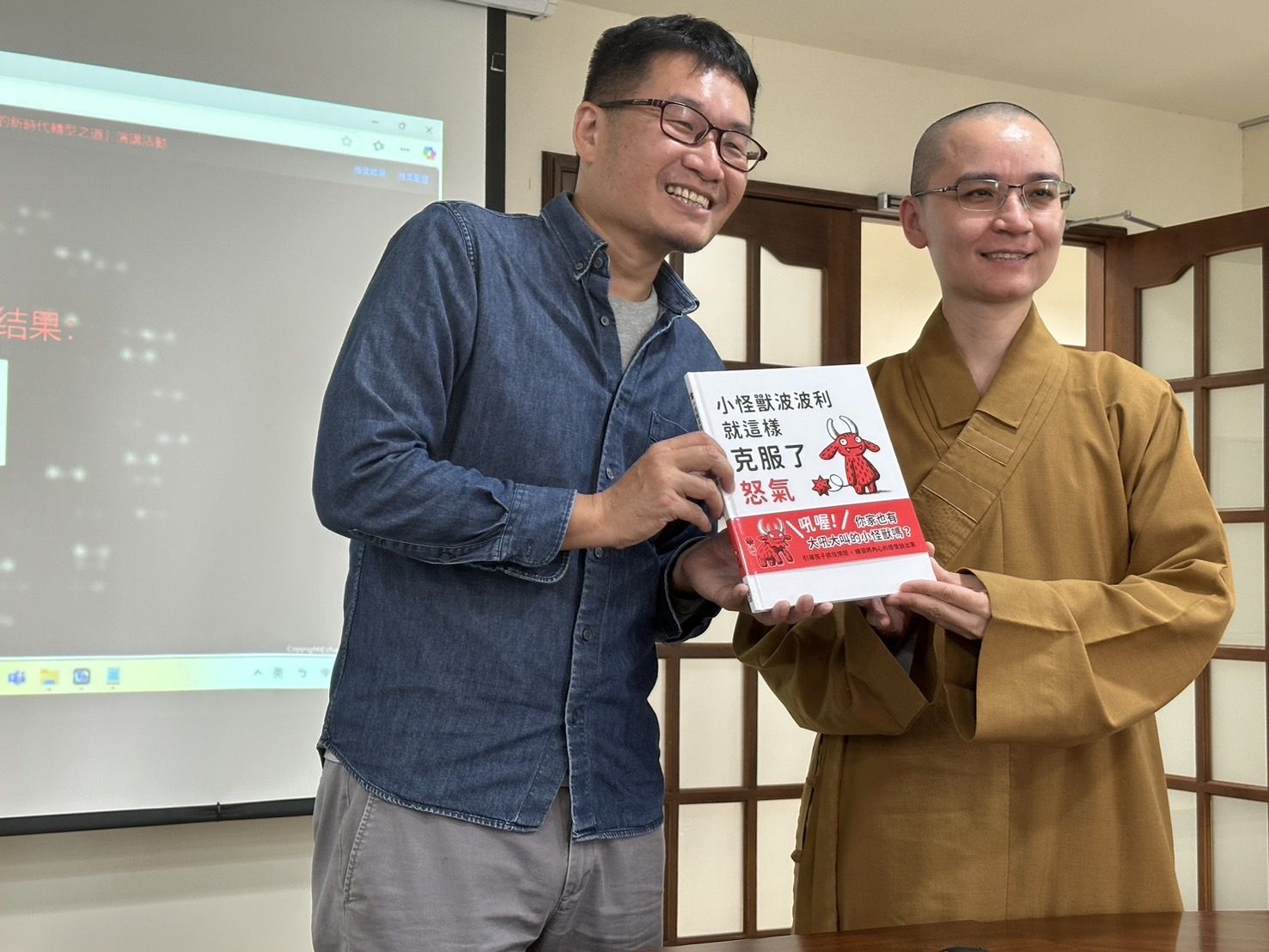 |
